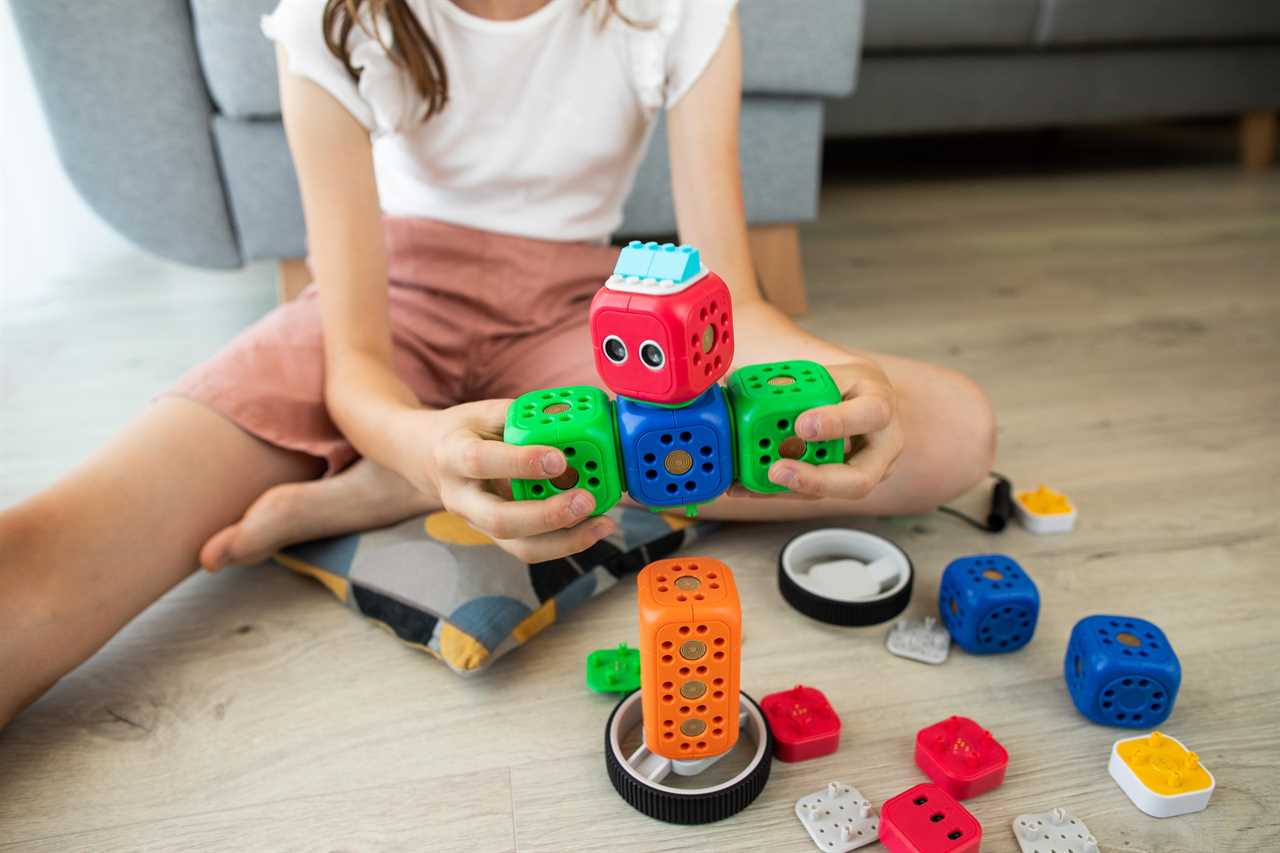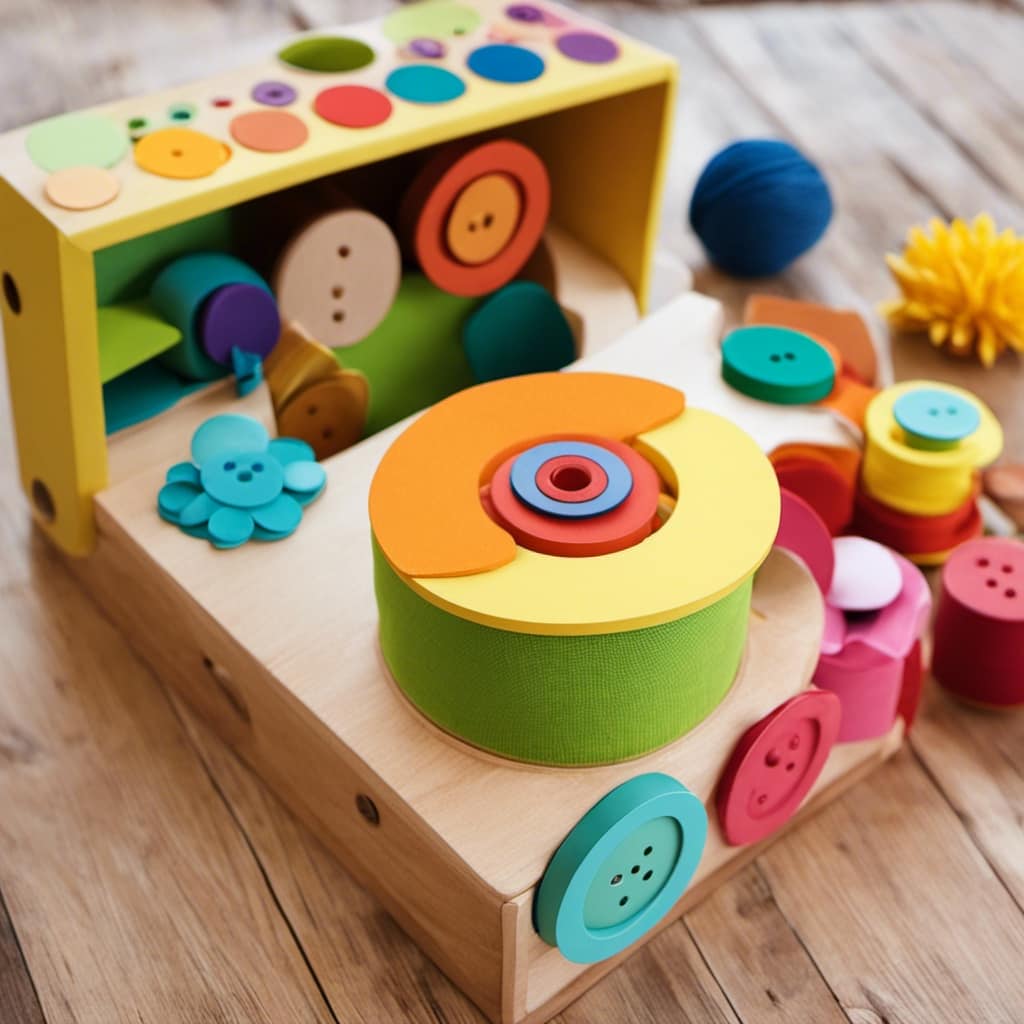The significance of collaborative play in a child’s development and growth cannot be emphasized enough. It is truly astonishing to witness how this type of play enhances problem-solving, communication, and empathy skills.
Through engaging in activities that require collaboration, children learn to appreciate different perspectives and develop empathy towards others. Effective communication and active listening are key in cooperative play, and these skills will benefit them in social interactions throughout their lives.
In this article, we’ll explore the benefits, strategies, and challenges of cooperative play, as well as its impact on cognitive, emotional, and language development.
Key Takeaways
- Cooperative play enhances social and emotional development.
- It promotes problem-solving skills, effective communication, and negotiation abilities.
- Collaborative play helps kids develop important social skills.
- Engaging in cooperative play activities promotes teamwork and collaboration, while also fostering effective communication strategies.
The Benefits of Cooperative Play in Child Development
Cooperative play enhances my social and emotional development, promoting problem-solving skills, effective communication, and negotiation abilities.
The impact of cooperative play on social skills development is significant, as it allows children to interact with others, learn to share, take turns, and resolve conflicts.
Parents play a crucial role in promoting cooperative play by providing opportunities for children to engage in group activities and modeling cooperative behavior.

Through collaborative play, children develop empathy, emotional intelligence, and an understanding of different perspectives. They also build strong relationships and friendships while learning the importance of teamwork and collaboration.
Engaging in cooperative play activities fosters effective communication strategies, active listening, and the ability to negotiate and compromise.
Strategies for Encouraging Cooperative Play
As a parent, I can encourage cooperative play in my child by providing opportunities for them to engage in group activities. Creating cooperative play environments is crucial for fostering teamwork and collaboration.
I can encourage my child to participate in team sports or group projects, as these activities promote collaboration and effective communication strategies. By modeling cooperative behavior, such as sharing, taking turns, and problem-solving, I can set a good example for my child.
Setting clear expectations for sharing and turn-taking is also important. I can provide guidance and support by offering suggestions, asking open-ended questions, and providing feedback to help my child navigate challenges and conflicts.
Ultimately, by providing age-appropriate cooperative play activities and promoting collaboration, I can help my child develop important social skills and enhance their ability to work well with others.

Overcoming Challenges in Cooperative Play
To ensure successful engagement in group activities, I can foster a positive and inclusive environment by promoting empathy, respect, teamwork, and cooperation.
Effective communication is vital in cooperative play, as it allows children to express their thoughts, ideas, and needs. It enables them to collaborate, problem-solve, and find solutions together. By encouraging active listening and open communication, children can effectively work through challenges and conflicts that may arise during play.
Problem solving in cooperative play is another crucial aspect. It helps children develop critical thinking skills, creativity, and the ability to find solutions in a collaborative setting. Through problem-solving experiences, children learn to think critically, analyze situations, and work together to overcome obstacles.
The Impact of Cooperative Play on Cognitive Development
Engaging in collaborative play activities has a positive impact on my cognitive development. It enhances my problem-solving skills, critical thinking abilities, and creativity. Research shows that cooperative play has cognitive benefits. It requires me to think critically, strategize, and find solutions to challenges together with my peers.
Through cooperative play, I am able to develop problem-solving skills. This happens when I encounter obstacles and work collaboratively to overcome them. This type of play also promotes cognitive flexibility. I learn to adapt and adjust my thinking based on the ideas and perspectives of others.
Additionally, cooperative play nurtures my creativity. It encourages me to think outside the box, explore different possibilities, and engage in imaginative play scenarios. Overall, engaging in cooperative play activities strengthens my cognitive abilities and fosters my development as a creative problem solver.

Emotional Development and Cooperative Play
I experience enhanced emotional development through cooperative play, as it fosters empathy, understanding, and strong relationships with my peers.
- Cooperative play promotes empathy by encouraging me to understand and relate to the feelings and experiences of others.
- It enhances my social skills by providing opportunities to engage in effective communication, negotiation, and problem-solving.
- Participating in cooperative play activities boosts my self-esteem and confidence as I contribute ideas, collaborate with others, and achieve common goals.
- Cooperative play helps me develop a sense of belonging and acceptance among my peers, which contributes to my emotional well-being and self-image.
Research shows that promoting empathy, social skills, and self-esteem through cooperative play is essential for the emotional development of children. By engaging in collaborative activities, children learn to understand and respect the emotions and perspectives of others, develop strong relationships, and build their self-confidence. This not only benefits their emotional well-being but also prepares them for successful social interactions throughout their lives.
Language Development Through Cooperative Play
By actively participating in collaborative activities, I’ve noticed how cooperative play helps children develop essential language skills and enhances their ability to communicate effectively. Through cooperative play, children are able to practice and refine their social and communication skills in a supportive and interactive environment. They learn how to take turns, share resources, and collaborate with others towards a common goal. This not only enhances their social skills development but also enhances their communication skills. Cooperative play requires effective communication and active listening, which are crucial skills for successful social interactions throughout their lives.
| Social Skills Development | Communication Skills Enhancement |
|---|---|
| Promotes teamwork and collaboration | Improves language acquisition through social interaction |
| Fosters empathy and understanding of different perspectives | Enhances vocabulary and language skills |
| Builds strong relationships and friendships | Supports effective communication strategies |
Promoting Inclusive Cooperative Play for Children With Special Needs
Promoting inclusive cooperative play for children with special needs involves several key strategies.
Creating accessible play spaces is essential. This means designing play spaces that can accommodate children with different abilities. It may involve providing ramps, wide pathways, and wheelchair-accessible equipment.
Offering a variety of play options is also important. Children with special needs may have unique preferences and requirements when it comes to play. By offering a diverse range of play options, such as sensory play, imaginative play, and physical play, children can engage in activities that suit their individual needs and interests.

Adapting play materials is another crucial aspect of promoting inclusive play. This involves modifying toys and equipment to make them more accessible and inclusive for children with special needs. It may include adding tactile elements, adjusting sizes, or incorporating sensory features.
Training staff and volunteers is equally important. Proper training ensures that staff and volunteers have the knowledge and skills to support children with special needs in their play. This includes understanding different disabilities, implementing inclusive strategies, and facilitating positive interactions.
Frequently Asked Questions
What Are Some Examples of Group Activities That Promote Cooperative Play?
Group art and outdoor games are examples of group activities that promote cooperative play. They encourage children to work together, share resources, and communicate effectively, fostering teamwork and problem-solving skills.
How Can Parents and Caregivers Model Cooperative Behavior for Children?
I can model cooperative behavior for children by promoting teamwork and encouraging collaboration. By participating in group activities, demonstrating sharing and problem-solving, I can show them the value of working together towards a common goal.
What Are Some Strategies for Promoting Active Listening During Cooperative Play?
Promoting collaboration and enhancing communication during cooperative play can be achieved by encouraging active listening, providing guidance, and setting clear expectations. These strategies help children develop important social skills and foster successful social interactions throughout their lives.
How Does Cooperative Play Contribute to the Development of Problem-Solving Skills?
Cooperative play contributes to the development of problem-solving skills by encouraging children to work together, share ideas, and find solutions as a group. It promotes teamwork, critical thinking, and creative problem-solving abilities, benefiting their overall cognitive development.

What Are Some Ways to Adapt Play Materials and Rules to Accommodate Children With Special Needs?
To adapt play materials and rules for children with special needs, it’s important to provide accessible options and train staff. Fostering peer connections and adapting materials can promote inclusive play activities for all children.
Conclusion
In conclusion, cooperative play has a profound impact on a child’s development. Through engaging in group activities and promoting collaboration, children learn important social skills, teamwork, and empathy.
Clear communication and problem-solving skills are essential in overcoming challenges in cooperative play. Furthermore, cooperative play enhances cognitive and emotional development, as well as language acquisition through social interaction.
By creating inclusive play spaces and adapting materials, children with special needs can also benefit from cooperative play.
Overall, cooperative play is a powerful tool that promotes holistic development in children.











